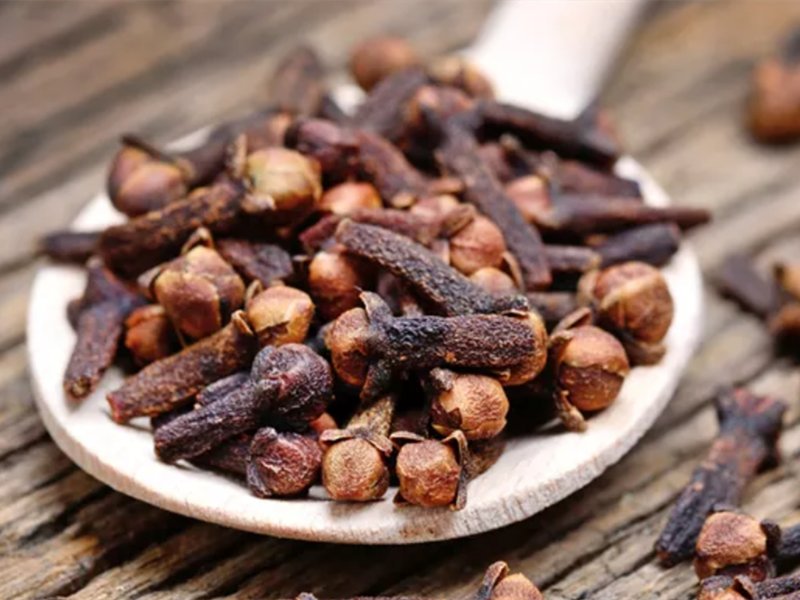Resveratrol, anthocyanins, flavonoids, quercetin… You’re no doubt familiar with these names, with labels like anti-inflammatory, antioxidant, brain, metabolism, and gut… They all belong to a large family called polyphenols. What are polyphenols? Polyphenols are water-soluble molecules that occur naturally in plants and are found in a wide range of common products including fruits and vegetables, tea, grapes and wine, chocolate, olives, tea, and berries. At present, more than 8000 kinds of polyphenols have been identified by human beings, which is the second class of compounds after carbohydrates, including the kinds of astragalus, lignin, phenolic acids and flavonoids. Polyphenols are protective in plants and, in humans, in cardiovascular health, cancer prevention, metabolism, blood sugar management, cognitive health, joint and bone health, weight management, anti-inflammatory, and recently discovered intestinal health.
In recent years, studies have found that polyphenols are the main anti-aging materials. Polyphenols can eliminate active oxygen species such as hydroxyl radical and oxygen radicals. Antioxidants have a strong sour taste (vinegar, citrus), bright color (red wine, strawberry), and bitter taste (red wine, green tea), and are attracting attention as anti-aging ingredients. They give plants their bright colors and protect them from harsh environmental conditions. They are known for their antioxidant properties and anti-inflammatory effects and eating a variety of these foods can help improve skin health. Here are some of the benefits of natural polyphenols for skin.
Fig: Cloves( It has highest concentration of polyphenols)
Antioxidant
Plant polyphenols possess a range of significant health benefits due to their excellent antioxidant capacity, which involves their ability to mop up free radicals that can cause cell and tissue damage in the body. As a result, polyphenols have been linked with improved protection against many chronic diseases, including cancer and type 2 diabetes, as well as improved cognitive function and heart health. These properties may help prevent diseases like heart disease, diabetes and cancer. They also boost your brain function and can help protect against diseases such as Alzheimer’s. The most common types of polyphenols include resveratrol, ellagic acid and curcumin, these compounds have excellent antioxidant properties.
Anti-aging
Polyphenols have long been known to possess potential anti-aging properties. As natural compounds, they can be found in a variety of fruits, vegetables, and beverages like red wine, tea, and coffee. These polyphenols are antioxidants that can help inhibit cell damage from oxidation which is responsible for the majority of aging cells within our bodies. Studies have suggested that polyphenols may also block enzymes that cause inflammation to occur within the body, reducing some of visible signs of aging such as wrinkles appearing on the skin. Maximizing your intake of natural polyphenols could be one way to slow down the aging effects on your body cells and ensure you enjoy a longer healthy life. The best way to get a daily dose of polyphenols is by consuming a healthy diet rich in fresh fruit and vegetables.
Anti-inflammatory
Plant polyphenols have been extensively studied in recent years due to their remarkable anti-inflammatory properties. These compounds are plentiful in fruits, vegetables, grains and nuts, making them an accessible source of antioxidants that can fight off and reduce inflammation. While it was once thought that the anti-inflammatory effects of polyphenols were localized in the digestive system, recent evidence suggests they may also protect against systemic inflammation throughout the body. When consumed regularly, plant polyphenols may help reduce the risk of chronic diseases such as joint conditions, heart disease, diabetes and even certain types of cancers. These effects are thought to be achieved through their antioxidant activity, which may limit the oxidation of fats and proteins. This reduces inflammation in the body and helps your immune system fight disease. A high intake of polyphenols can also improve your insulin sensitivity and lower your risk of developing diabetes.
Anti-bacterial
Plants are an excellent source of natural antimicrobial substances. Polyphenols are a family of secondary metabolites produced by plants that have strong antimicrobial activity at very low concentrations. Many plant species produce a variety of phenolic-rich extracts and their antibacterial potential has been tested against clinical isolates. Most polyphenols with demonstrated antibacterial and antifungal activities against clinical isolates are flavonoids, including ellagic acid, gallocatechin and gallotannins.
For example, resveratrol is widely found in peanuts, grapes, pineapples, veratrol, polygonum cuspidatum and other plants. As a natural antioxidant, resveratrol has an inhibitory effect on Staphylococcus aureus, Escherichia coli, pseudomonas aeruginosa, etc. The MIC (minimum inhibitory concentration) against Staphylococcus aureus is 0.512 mg/ml.
Related post
- Dandelion Extract: What It Is, Benefits, Uses and Side Effect - April 23, 2024
- Is Berberine Extract Help For Weight Loss? - April 11, 2024
- Why Is Pysllium Husk Powder A Popular Meal Replacement Ingredient? - April 3, 2024



